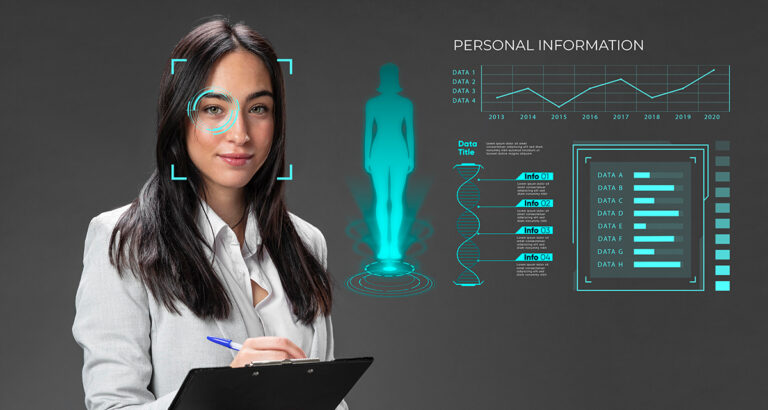A recent study published in Blood Advances explores the real-world efficacy and safety of lisocabtagene maraleucel, an autologous CD19-directed CAR T-cell therapy, in patients with relapsed or refractory large B cell lymphoma (LBCL). The retrospective analysis utilized data from the Cell Therapy Consortium registry, involving 101 patients with a median age of 71 years and a history of up to eight prior treatment lines.
The study found that at day 90 after lisocabtagene maraleucel infusion, the overall response rate was 66%, with 60% of patients achieving a complete response. Despite high-risk disease features and advanced age, 12-month progression-free survival (PFS) and overall survival (OS) rates were 55% and 68%, respectively. Notably, normal lactate dehydrogenase (LDH) levels before lymphodepletion were associated with improved survival outcomes.
While 49% of patients experienced any-grade cytokine release syndrome, and 26% developed neurotoxicity, these adverse events were manageable. The authors concluded that even in high-risk, heavily pretreated patients, lisocabtagene maraleucel may offer significant benefits, including sustained complete remissions, underscoring its impact in the treatment of relapsed/refractory LBCL.





